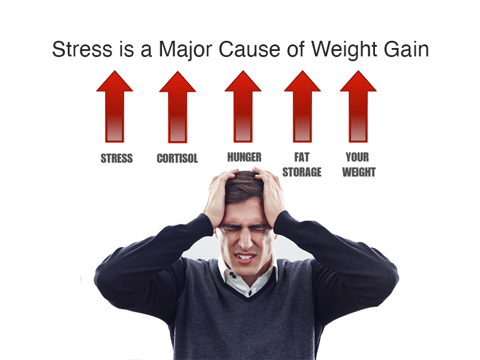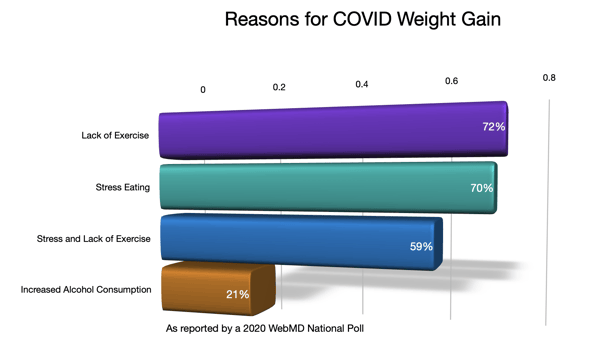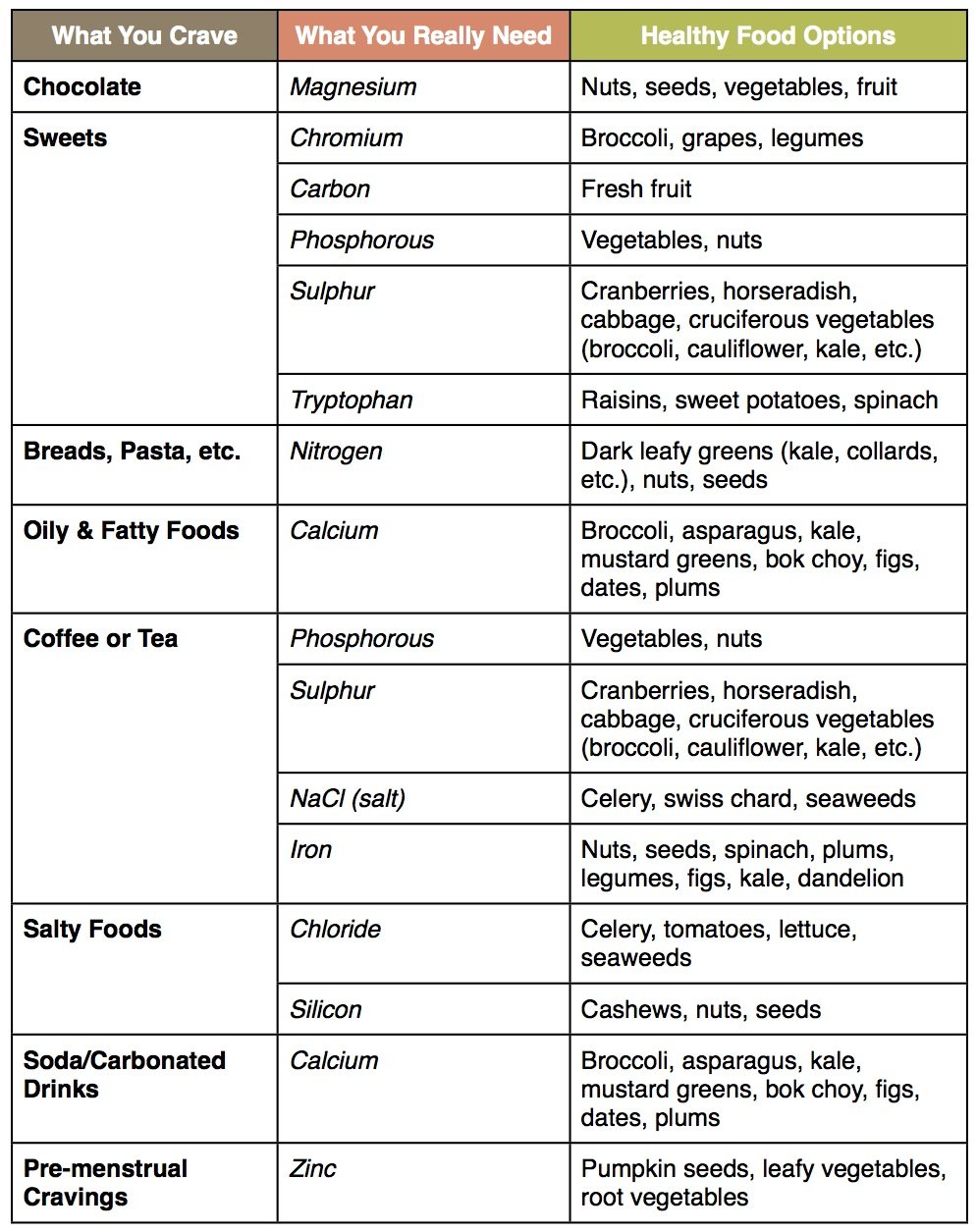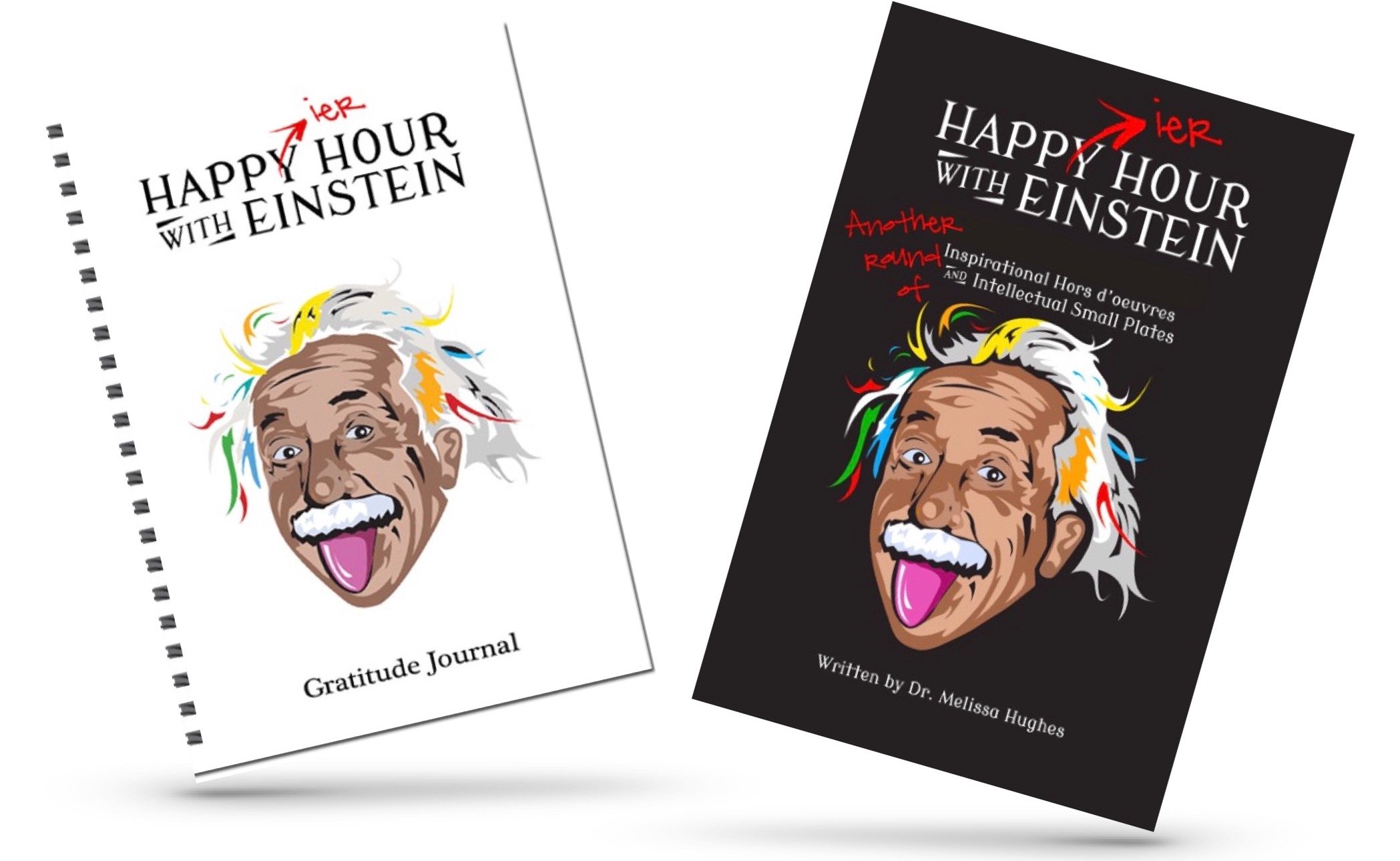Remember the “Freshmen 10?” Thanks to COVID 19, many of us are battling the “Quarantine 15.” Life in lockdown disrupted our routines, allowed for more free time, and increased anxiety and stress – all of which create the perfect conditions to pack on the pounds.


HUNGER vs APPETITE
Regulating hunger is a complex process involving communication between the brain, various gastrointestinal organs (including the stomach, the pancreas, and the intestines) and adipose tissue. Adipose tissue is simply fat. Its main role is to store energy for the body to use later.
Feeling hunger is your body's way of telling you it’s out of gas and needs more fuel. It’s a biological function that keeps us alive. When your stomach is empty, it secretes a hunger hormone called ghrelin that signals your brain it's time to eat. Your brain, in turn, makes your stomach growl and stimulates the release of stomach acid to prepare your body for food intake. When your belly is full, it signals the brain that you’ve had enough and stops churning out ghrelin.
Appetite, on the other hand, is an emotional desire for food, whether you feel hungry or not. Even after your brain has been signaled that your stomach is full, your appetite can make you keep eating. Understanding the difference is a critical key in determining whether you’re eating to replenish fuel or satisfy a craving.
Three common food cravings and the brain science to conquer them:
1. I SCREAM, YOU SCREAM, WE ALL SCREAM FOR ICE CREAM
Ice cream is the go-to snack for the late-night crowd – long after dinner and too close to bedtime. What is it about ice cream that is so satisfying right before bedtime?
You’ve probably heard of tryptophan and think about that nap you need after Thanksgiving dinner. In fairness, it’s not all the turkey’s fault. Tryptophan is an amino acid that increases serotonin levels in the body. Serotonin is a precursor to melatonin, a hormone that helps regulate sleep. Foods rich in tryptophan include fish and poultry, but it’s also found in many other foods like high-fat dairy products such cheese, yogurt, fish, and eggs.
Instead of a Ben and Jerry’s booty call, consider heading to bed early. A craving for ice cream may be a signal that your body needs sleep. A lack of quality sleep is linked to weight gain. It’s not so much that if you sleep, you will lose weight, but if you are sleep-deprived, your metabolism slows down. In addition to helping reduce stress and cravings, research shows that regular uninterrupted sleep and even short power naps can help you be more alert, improve immune function and boost your mood.
2. COOKIES, CANDIES AND CAKES, OH MY!
According to the Nutrition Source at Harvard School of Public Health, the average American consumes 22 teaspoons of added sugar a day, which amounts to an extra 350 calories. While we sometimes add sugar to food ourselves, most added sugar comes from processed and prepared foods. Sugar-sweetened beverages, breakfast cereals and other processed snacks like muffins and cookies are the worst offenders.
Sugar gives us a temporary calming feeling because it triggers a quick hit of dopamine – the reward and pleasure chemical. But that sugar spike is inevitably followed by the dreaded crash. If you find yourself regularly craving sweets, the underlying cause may be that you’re feeling overly stressed or anxious. Again, prioritizing sleep can be a good solution since changes in circadian rhythm like sleep deprivation can create an urge for sugar. Exercise and positive connections with others can also be a good counter-attack.
3. MORE WATER PLEASE
Scientists have been studying the neurological mechanisms of hunger for decades. Early on, they discovered that the satiety center – the region of the brain that controls appetite and feeding behavior – is located in the hypothalamus. The hypothalamus is the same region that regulates body temperature, sleep, and thirst.
Because your hunger and thirst sensations come from the same part of the brain, we often confuse being hungry with being thirsty. What we interpret as being hunger pangs calling for fuel for the body may actually be the brain’s warning of the first signs of dehydration.
The body is composed of 70% water; the brain is 85% water. Both the body and the brain are highly dependent upon proper hydration.
Dehydration can be the cause of poor focus, memory loss, brain fog, headaches, sleep issues, anger and depression. Dehydration is also closely related to stress. Stress causes your adrenal glands (located above the kidneys) to release more of the stress hormone aldosterone, which depletes fluid and mineral levels in the body.










